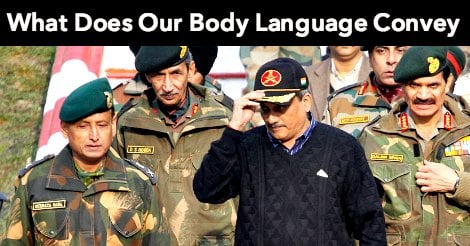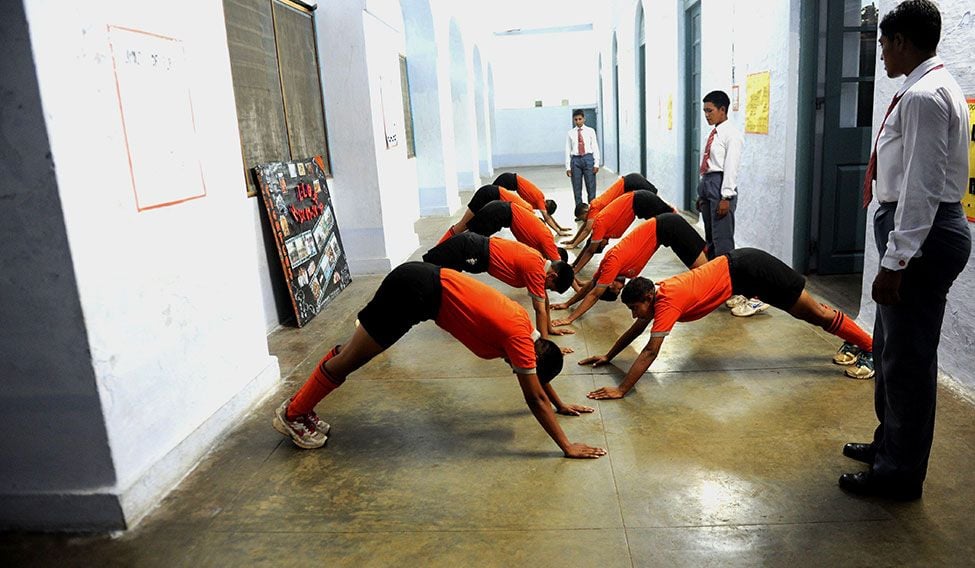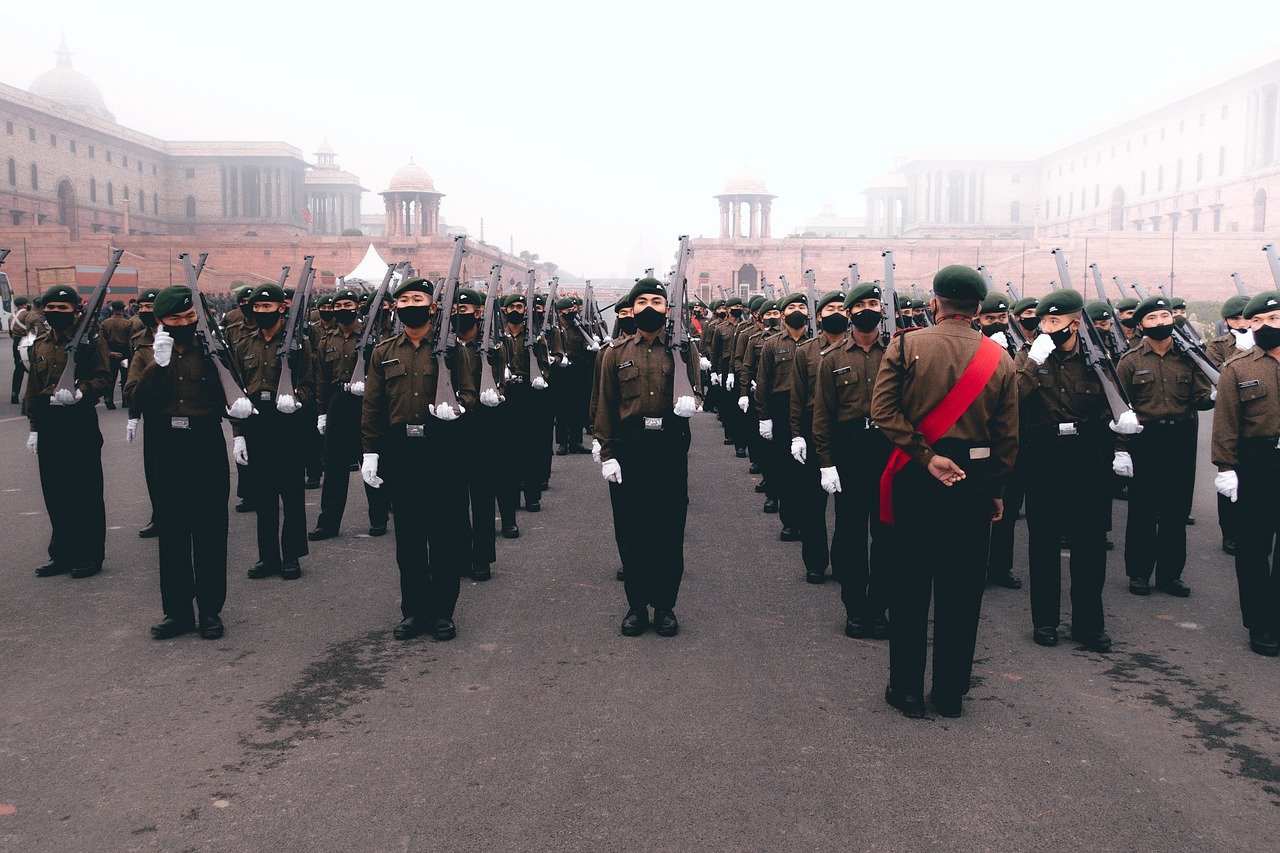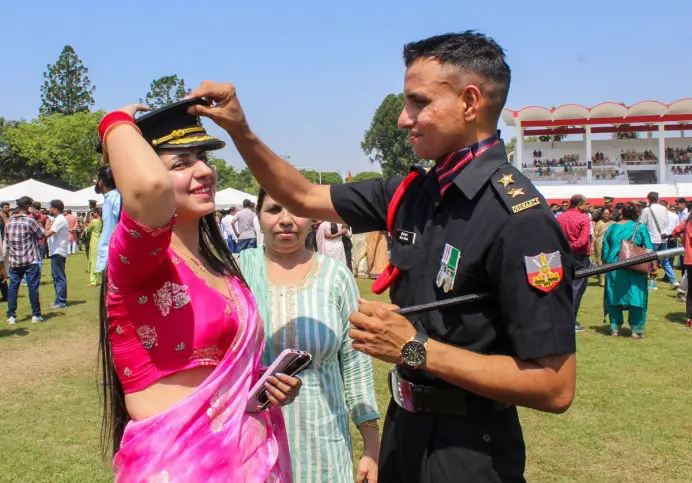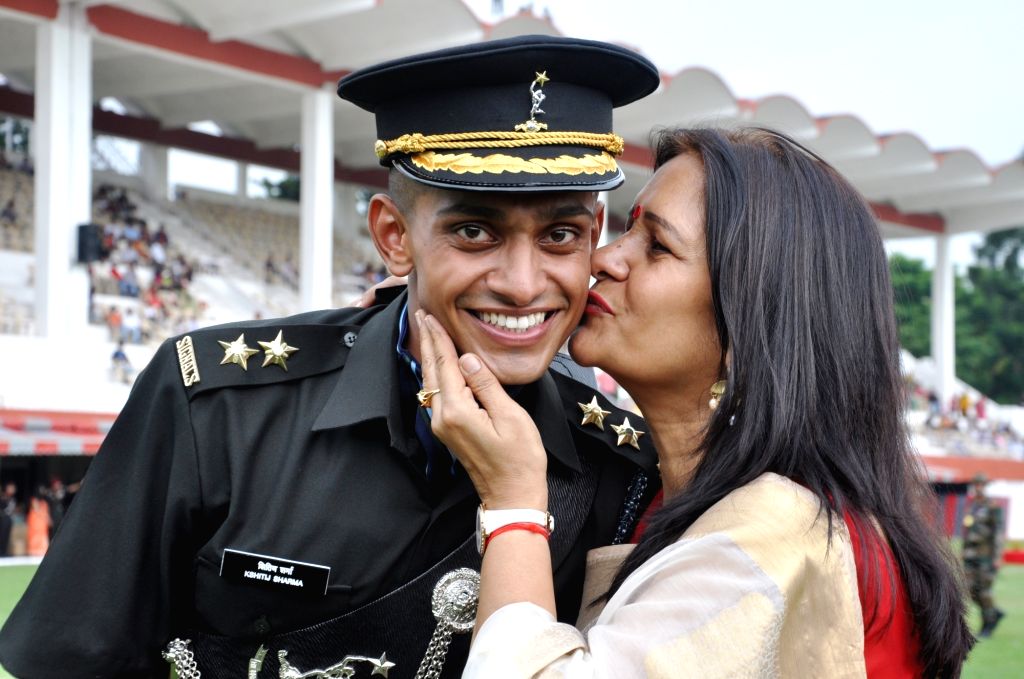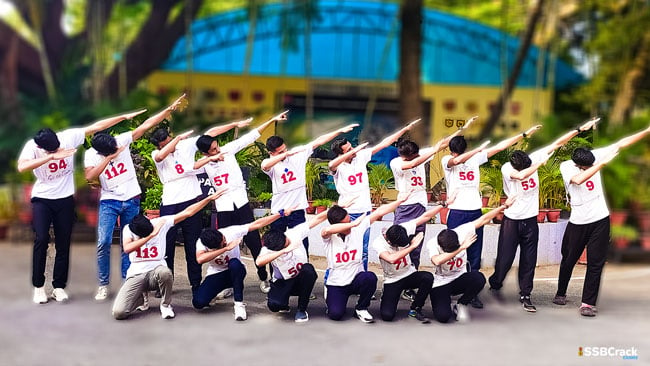When we converse with others it doesn’t just include the verbalization of words but also our body posture and gestures. Body language is a kind of non-verbal communication through which people express their thoughts, feelings and emotions by physical behaviours, like gestures, postures, eye movement, etc.
When we talk with others, the information that is being communicated can be categorised as follows:
- what the person is actually saying- 10%
- tone and voice modulation/ articulation- 40%
- body language- 50%
It is evident that body language plays a vital role while communicating with others. In SSB too, the use of proper body language is a must. In the Group Discussion or the Interview, you might been giving your points and answers well however your hand movements and body posture along with eye movement also have a major impact on your assessment and evaluation.
In order to understand your own and other’s body language better and to tackle the various social interaction situations well, let’s take a look at what the various body languages mean.
HEAD:
Raising the head.
When the head is low, rising of the head shows a sign of interest. If a person raises their head up to see the ceiling then it means that he/she bored.
Tilting the head
Tilting one’s head to a side shows sign of interest and curiosity. A tilted head pulled back means that the person is suspicious or doubtful.
Nodding and shaking of the head.
Nodding up and down signals agreement in most cultures and may well be accompanied by smiling and other signs of approval. Turning the head from side to side usually indicates disagreement or disapproval. Nodding or shaking the head while talking is an encouragement for the other person to agree. Nodding whilst the other person is talking sends approval signals and encourages them to go on. A nod is also often used when emphasizing a point.
Lowering of the head.
It is a sign of defending oneself from a possible threat. Lowering of eyes along with the head is a sign of submission to another person. A single short nod is a sign of greeting others, sometimes it may be seen as a sign of power when the person feels/ is superior to others.
HAND MOVEMENTS:
Open arms means that one is approachable and is comfortable and willing to communicate with others.
Arms crossed in front of the chest means that the person is being defensive. Also it means disapproval of other person’s views and opinions.
Pushing one’s shoulder’s back means that the person feels powerful and confident.
Hand movements that are outward and upwards display positivity and openness.
Finger tips being pressed together means that the person is concentrating, thinking and evaluating.
Rubbing of hands means that the person is excited about something.
Stroking the chin displays deep concentration and deliberation to arrive at a decision.
Pulling the ears is a sign of indecisiveness.
Hands-on-hip is an assertive posture which demonstrates authority and/or aggressiveness.
Hand-on- mouth indicates that the person is stopping oneself from saying something negative. It also means that the person is telling a lie.
SITTING POSTURES:
Legs apart– This posture means that the person is comfortable and feels secure about his/her surroundings.
Sitting on the edge of a chair– this shows nervousness and anxiety of an individual.
Crossing legs towards another person shows your interest in whatever that person I saying.
Shifting of weight– shows impatience and nervousness.
Locking of ankles– this is a sign of apprehension.
EYE MOVEMENT:
Wide eyes show interest in whatever a person is saying.
Not being able to maintain eye contact means that the person is either nervous, apprehensive or guilty.
Looking directly at someone’s eyes displays self-assurance and confidence.
Looking upwards indicates that the person is thinking.
Staring at someone shows aggressiveness or the need for dominating others.
To crack SSB interview, we recommend you to get “Let’s Crack SSB Interview” book from Amazon.
Download eBooks:
Next time you talk with someone try to observe and interpret their body language so that you can understand in totality what they are trying to convey!
Also Read:

